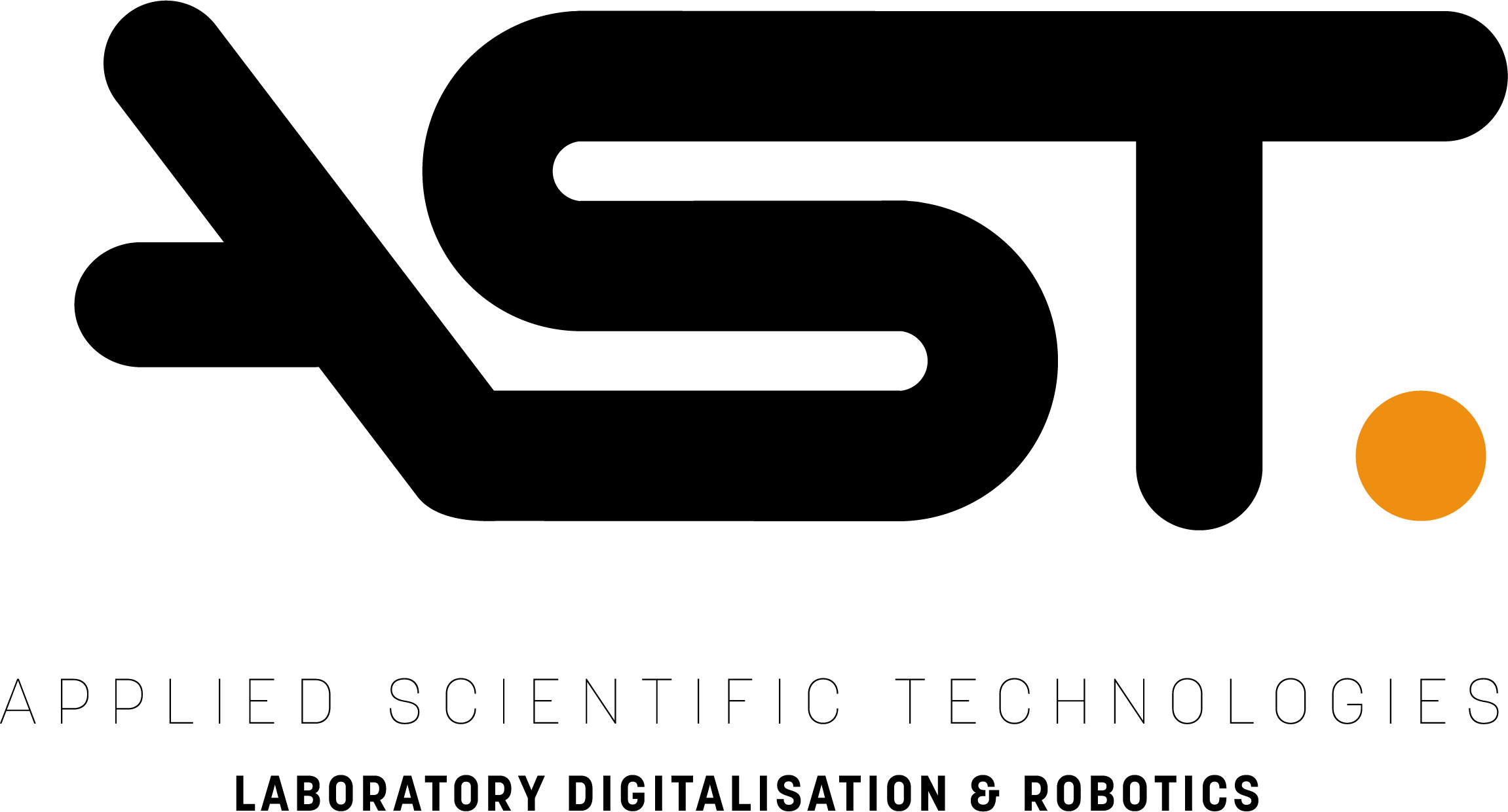Adopting Standardisation in Lab Automation (SiLA) into a Lab-of-the-Future digital network - OCR Imagery Device
Figure 1: Optical Character Recognition (OCR) Imagery Device
The Digital Enabled Formulation Toolset (Deft) is a scalable, laboratory digital network product to connect and integrate bench-top instruments together in chemical formulation and R&D labs https://www.appliedst.co.uk/DEFT . Aimed at the bench scientist, Deft provides the ‘information gap’ when comparing manually made bench formulations or lab methods using common laboratory instruments and has a host of additional features such as experimental design, workflow control, remote access, data and audit trail and as a Laboratory Asset Management tool worthy of a fully digital Lab-of-the-Future program. Deft can work as a stand-alone system or as part of an existing LIMS or ELN connected infrastructure. At the heart of the system is the Deft Gateway which combines Bluetooth instrument connectivity with Wi-Fi protocol to connect the lab instruments to any secure in-house or cloud-based server network.
SiLA (Standardisation in Lab Automation) enables Lab-of-the-Future technology through free and open communication protocols and data standards. Applied Scientific Technologies (AST) have implemented the SiLA 2 communications protocol into a wide range of standard laboratory bench equipment linking them to Deft automatically allowing many bench experimental protocols and applications to be covered including balances, stirrer/shakers, pH and conductivity meters, Rheology and particle counters found in many formulation and R&D labs. The adoption of industry-leading SiLA standards helps to future proof lab equipment by enabling end-to-end integration with LIMS or local area networks via a control App for Android or iOS devices to and by them to connect to each other are share data seamlessly. www.sila-standard.com/
Figure 2: Optical Character Recognition (OCR) Imagery Device
AST are the global specialists for SiLA 2 integration and development and the latest addition to our growing library of laboratory instruments includes a custom SiLA driver for an Optical Character Recognition (OCR) Imagery device.
The OCR Imagery Device enables a way to capture data when a lab instrument does not have a connectivity port. The camera takes an image of the speed, heat, time etc every couple of seconds and sends this data directly to the Deft Gateway.
In some instances, direct data acquisition from common lab equipment is not possible, such as this thermomixer widely used in R&D in many consumer food and beverage formulation labs. To solve this issue, AST have set up a raspberry pi and camera module along with a bespoke lab-friendly mounting system to record the device display without hindering usability. The system uses Google’s open source and neural-network-based `Tesseract’ optical character recognition (OCR) software to capture display parameters. This solution facilitates multilingual data capture from the device, for processing and storage by AST’s Deft.
Implementing SiLA 2 drivers for this technology provides many benefits such as digitalisation information capture and standard Deft benefits which include specific user experimental design and workflow integration via an Android Tablet or mobile phone App. The Tablet App GUI is intuitive and requires no formal training. The App allows many functions that are not possible when using the device alone such as capturing all communication and data digitally, allowing the device to be controlled wirelessly and automatically run multiple experiments in sequence under user control. Deft is cloud-ready to allow Asset Management, remote access and Over-The-Air updates seamlessly integrating into any digital laboratory or Lab-of-the-Future environment.
Applied Scientific Technologies (AST) is an emerging, innovative spin-out company founded in 2017 based in Stokesley, North Yorkshire. Founded by two directors from Applied Integration UK Ltd, a company celebrating its 15th working anniversary. AST are innovative specialists in laboratory robotics, digital Lab-of-the-Future connectivity and hardware integration for the chemical, pharmaceutical, physical and life science industries supporting your laboratory digitalisation journey.


